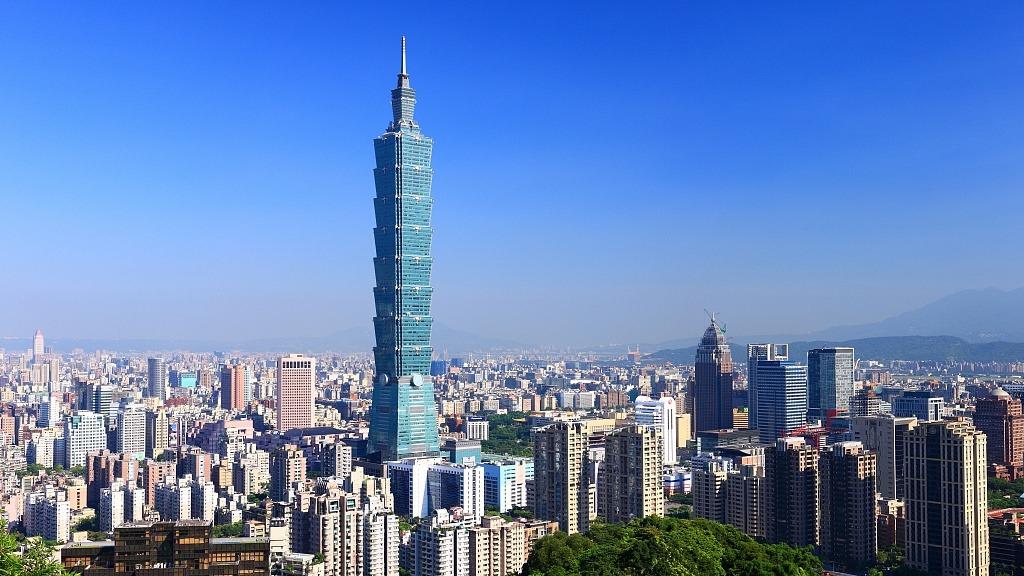 In this undated file photo the Taipei 101 skyscraper commands the urban landscape in Taipei, Taiwan. (PHOTO / XINHUA)
In this undated file photo the Taipei 101 skyscraper commands the urban landscape in Taipei, Taiwan. (PHOTO / XINHUA)
The Chinese mainland is studying measures to suspend tariff concessions on certain products from Taiwan, including agricultural and fishery products, machinery, automotive parts and textiles, pursuant to the Cross-Strait Economic Cooperation Framework Agreement, the Ministry of Commerce said on Tuesday.
Prior to the decision, the Tariff Commission of the State Council had already suspended the preferential tariff rates under the ECFA, a comprehensive cross-Strait economic pact, on 12 products originating from the Taiwan region, including propylene and ortho-xylene, which has been effective from Jan 1, a spokesperson with the ministry said.
Since the announcement was made, Taiwan's Democratic Progressive Party authorities have been under scrutiny for their failure to implement any effective measures to lift trade restrictions on the mainland, the spokesperson said.
Instead, they have been engaged in political maneuvering, attempting to shift blame and evade responsibility, the spokesperson added, noting that departments concerned will review and adjust trade policies toward Taiwan in accordance with the relevant provisions and regulations of the ECFA.
The moves by the mainland came after an eight-month probe by the ministry determined in mid-December that Taiwan's trade-restrictive measures against the mainland constitute trade barriers pursuant to relevant regulations, causing negative influence on the mainland's relevant industries and enterprises.
As of November, Taiwan has banned the import of 2,509 mainland products, according to the ministry.
Furthermore, there has been a substantial increase in the trade imbalance between the two sides of the Strait.
Over the years, the mainland has experienced a significant trade deficit with Taiwan, which has surged from $31.4 billion in 2002 to $156 billion in 2022, data from the ministry showed.


